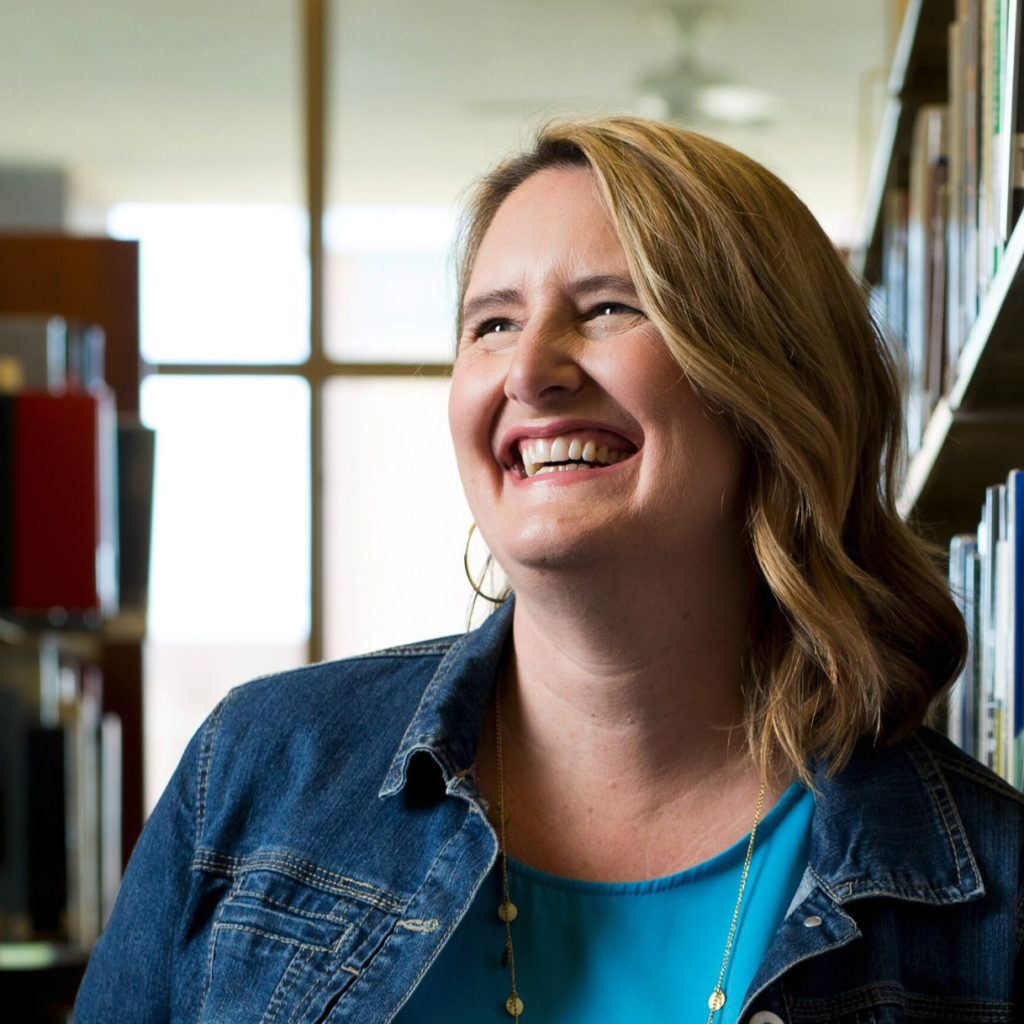The following content includes discussion of sexual violence and other trauma. This content may be disturbing to some readers. Discretion is advised.
Trauma and traumatic events are difficult to overcome. The complexity is real, and simple platitudes do not untangle the mess that trauma produces.
A story to illustrate:
I thought I was fine when I returned to the place I was repeatedly assaulted and raped as a child. Over 45 years had passed before I returned. My husband accompanied me. He snapped pictures of me in front of the places where all the destruction happened. I smiled. We prayed. Together, we thanked God for the victory. All appeared normal.
Until one hour later when I could not stop throwing up. For hours. And hours.
While my mind seemed to think all was well, my body still bore the scars of the trauma.
Dr. Diane Langberg wrote that “Trauma is the mission field of our time.”
And I believe she is right down to my core.
The church has been guilty of being so uncomfortable with trauma that we cannot sit with people, cannot lament alongside. It’s too raw. If we do, we have to admit that bad things happen on this earth, and sometimes those bad things happen within the church.
I have been shut down too many times to count with (well meaning) platitudes and cliché sledgehammers, some laced with out-of-context Scripture. God does allow for more than we can bear. Forgiveness is not a simple formula. In fact, trauma and its aftermath is messy.
Here’s what would change the world for a trauma survivor: Empathy. Active listening. Getting angry at the injustice alongside them. Prayer.
This is a tender, heartbreaking world, where people have done awful things to each other. We can no longer deny the reality of that, especially in the church.
Remember, too, looks can be deceiving. Everyone bears a heavy story. Be kind. Bear burdens.
I know it seems like a minefield to come alongside those who hurt, but here are some ways people have loved me through my pain, ways that actually help me heal.
- Err on the side of belief. It’s not up to you to get to the bottom of the story and uncover the truth. Simply saying I believe you is the most powerful thing you can do for someone who suffers.
- Kill your clichés. Pat answers only make people feel like they’ll never get better, as if they’ve failed to heed all that “good” advice. (Plus, they have already heard everything.)
- Ask the right kind of questions. Don’t ask things like, “What were you wearing?” (I was wearing kindergarten clothes), or why you took so long to report it or fight back in the moment (as if they would do it differently), or question whether their memory is accurate. Instead, ask open-ended questions that help the person explore their pain in a safe place. How did they feel when the event happened? How have they worked through the pain in the past? What has helped the most? If you find your questions are making them uncomfortable, pull back.
- Be honest. Saying, “I wish I could take it all away,” or “That really, really hurts; I’m so sorry” helps people realize you have listened to them.
- React emotionally. Honestly? The best responses I’ve received are folks who start crying because my story is so hard. It reveals that, yes, something bad has happened. Emoting shows your friend that you have not only heard their story with your ears, but you’ve heard it with your heart.
- Share your own struggle. For the first years of my marriage, I felt like the broken person, and my husband was just fine. Healing came when my husband admitted his own struggles. Camaraderie comes when you talk about your own issues. You’re not the savior, and your friend is not your project. You are both broken human beings hoping for healing.
- Apologize for the ways the church has hurt your friend. Instead of trying to persuade them that other church members probably didn’t mean to hurt them, stop and apologize. “I’m so sorry they reacted that way. That’s not how Jesus would have responded.”
- Speak encouragement over your friend. “You are loved. I’m sorry you weren’t protected. I’m amazed at your tenacity and grit. You are not alone. Your story matters. Even if the world chooses to shun you or try to silence your story, the truth has a pesky way of forcing out darkness. Keep your light. Keep shining. Keep bravely telling your story.”
People who have carried the weight of my story in this empathetic way have furthered my healing journey. I felt heard, cared for, and no longer alone. I pray you will be an agent of healing in all your relationships.
Mind if I pray for you?
Jesus, empower us all to become empathetic friends. Help us all to listen well. Deliver us from clichés, please. Help us to become more like You. Amen.
To read more of Mary’s story and learn how to come alongside others in restoration, pick up a copy of Mary’s new Bible study, Into The Light: A Biblical Approach to Healing from the Past available here.

Mary is the author of forty books, including her latest: Into The Light : A Biblical Approach to Healing from the Past and We Too: How the Church Can Respond Redemptively to the Sexual Abuse Crisis. She’s been on CNN and featured in The Washington Post, and she’s spoken in Munich, Johannesburg, and Monte Carlo and planted a church with her family in southern France. She is a mom to three amazing young adults and a wife of 28 years to Patrick.

